Philippines' Duterte says US must ‘pay’ if it wants troop deal to stay
Philippine President Rodrigo Duterte has called on the United States to “pay” for the presence of its military forces in the Asian country if the new administration wants to keep a two-decade-old troop deployment agreement with Manila.
Duterte said the United States must pay for the continuation of its Visiting Forces Agreement (VFA) with the Philippines, a year after the nationalist leader unilaterally cancelled the deal in an angry response to an ally being denied a US visa.
The withdrawal period has, however, been twice extended to create what Philippine officials say is a "window for better terms" to be agreed.
“I would like to put on notice if there’s an American agent here that from now on, you want the Visiting Forces Agreement done? Well, you have to pay,” Duterte said in his speech to Philippine troops at the Clark Air Base in Pampanga, north of Manila.
“It’s a shared responsibility but your share of responsibility does not come free because after all when the war breaks out, we all pay,” he added, alluding to tensions escalating between Washington and Beijing over US military activities in the South China Sea.
Duterte, who openly disapproves of the long-standing US military alliance, did not make clear how much Washington should pay to keep the agreement, which accords legal status to thousands of US troops in the Philippines for military exercises and purported humanitarian assistance.
American and Philippine officials met on Thursday to iron out differences over the VFA, the first under US President Joe Biden’s administration, which has reaffirmed the alliance in the face of what it claims to be China’s growing assertiveness in the South China Sea.
Stressing that Manila intends to "remain neutral" during US-China tensions, Duterte, who rose to power in 2016, reiterated that his country also wanted to avoid confrontation with China over maritime claims that “would lead to something we can hardly afford.”
During the past four years, bilateral ties between the United States and its former east Asian colony have been tumultuous over Duterte's frequent statements in denunciation of US foreign policy as well as his open embrace of China and Russia.
Parts of the South China Sea, which are said to be rich in untapped oil and gas reserves, are claimed by China’s neighboring countries, including the Philippines.
The United States, which sides with Beijing’s rival claimants in the maritime dispute, routinely sends warships and warplanes to the South China Sea to assert what it calls its “right” to “freedom of navigation,” ratcheting up tensions with China.
Beijing has constantly warned the US against its military activities in the sea, saying that potential close military encounters by the air and naval forces of the two countries in the region could easily trigger accidents.
Israel sends draft orders to more ultra-Orthodox amid war on Gaza, Lebanon
CAIR condemns ‘Genocide Joe’ Biden’s support for Israeli atrocities in Gaza
Hezbollah’s media relations chief killed in Israeli strike on Beirut, reports say
How CPJ masks the truth about Palestinian journalists killed by Israel in Gaza
Assad: Eradicating terrorism regional, int’l responsibility
‘Fascist occupation army’: Hamas slams Israeli onslaught on Beit Lahiya
VIDEO | Press TV's News Headlines
Ukraine war will end ‘sooner’ with return of Trump: Zelensky


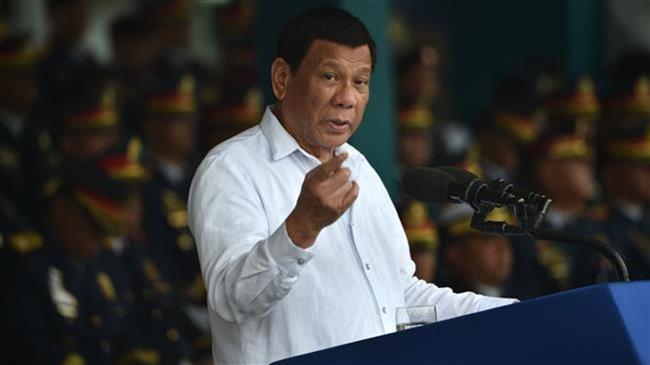








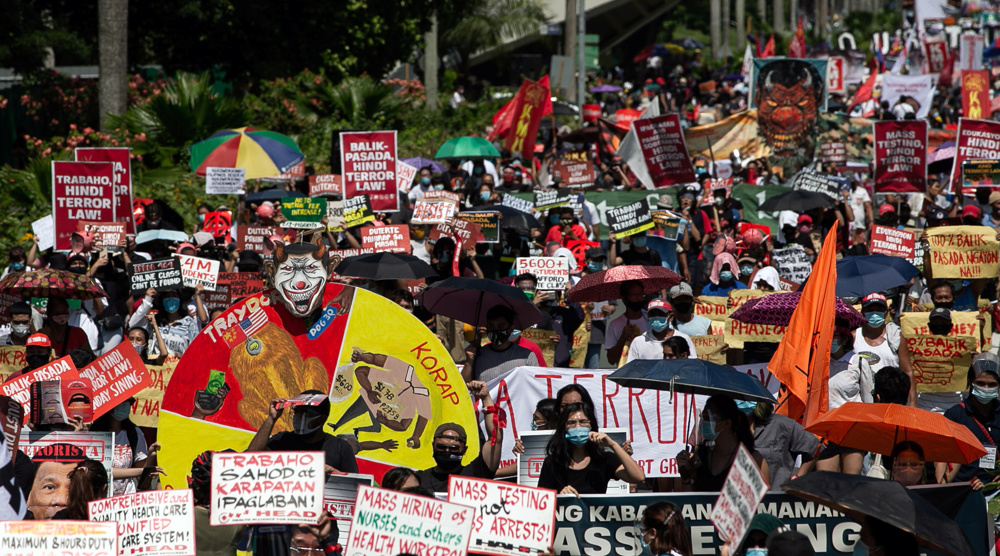
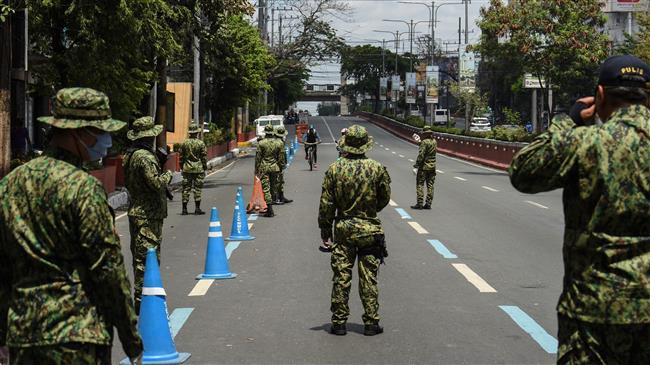
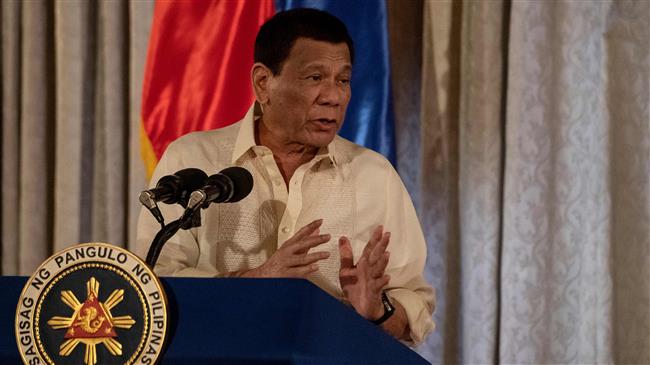
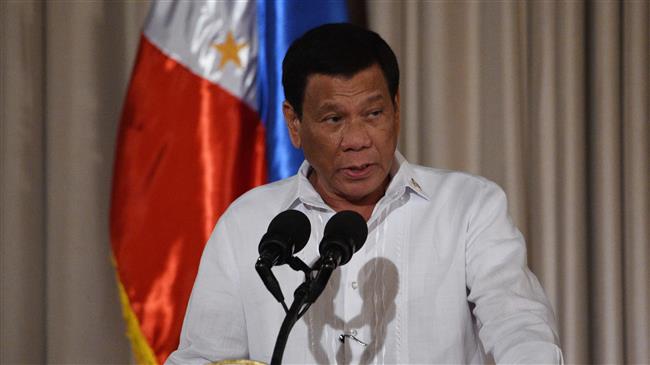
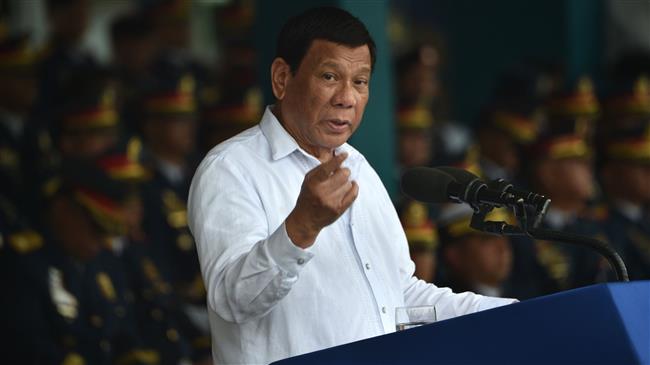

 This makes it easy to access the Press TV website
This makes it easy to access the Press TV website